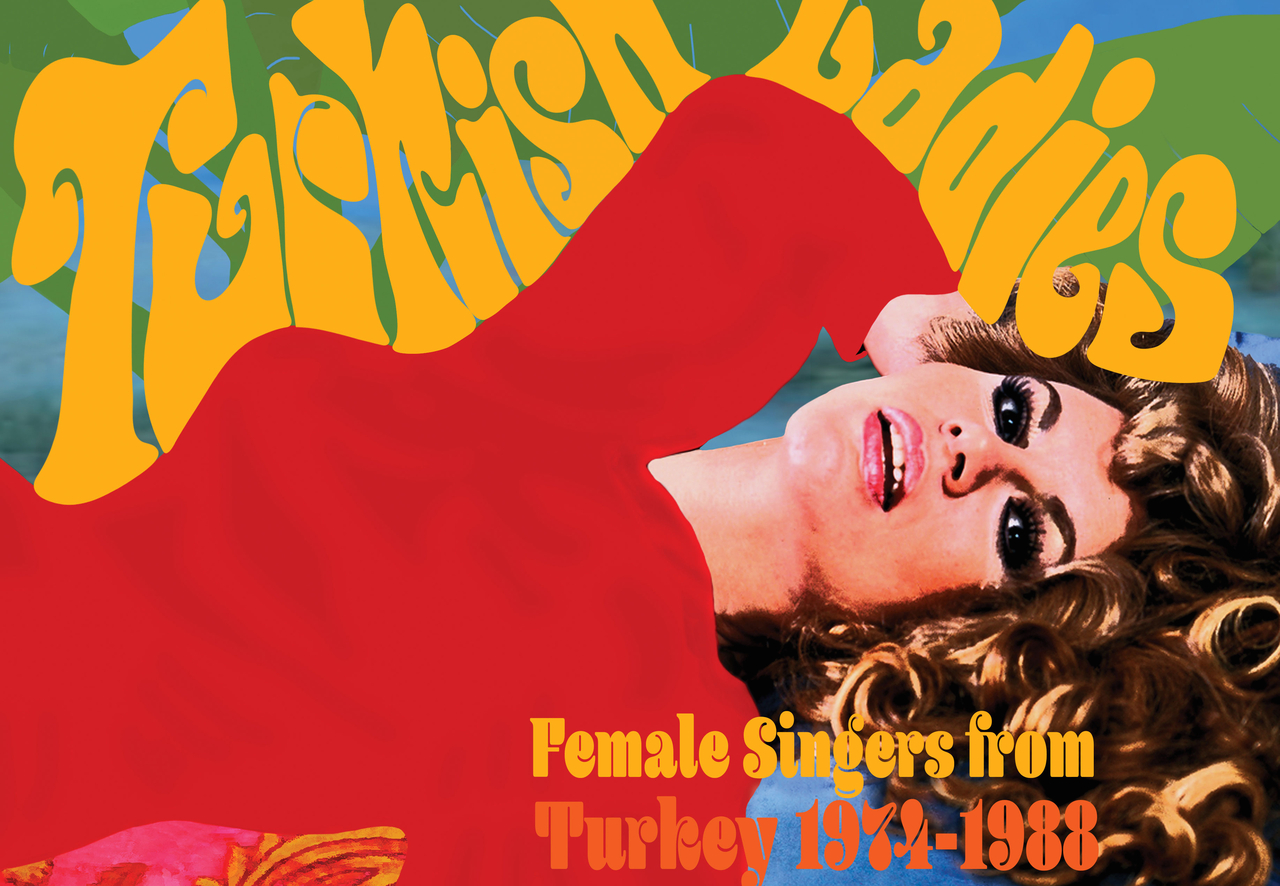Perhaps one of the most well-known representative of the Afro-Turks is late singer
Esmeray Diriker. Unsurprisingly, when one comes to Istanbul to research and discover the music of Turkish women singers, one’s initial discovery is in many instances the music of Esmeray. Such was the case for anthropologist researcher, DJ and festival curator Kornelia Binicewicz, who, about three years ago, has decided to drop everything and move lock, stock, and barrel from Krakow to Istanbul, in order to explore, analyse, collect and promote the music of Turkish women from the 60s, 70s and 80s respectively.
Ms Binicewicz is a passionate record collector, spending a good deal of time unearthing music, but lately having become more focused on music exclusively composed, produced or performed by women. From 2008 to 2013 she was also curator of the
Music & The World Film Festival (Muzyka i Świat Festival), the very first event in Poland devoted to showcasing music film documentaries.
Having had a growing interest in music from the East Mediterranean and Middle East regions, she was introduced to the Mevlevi spiritual music, than later explored the music of
Bariș Manco,
Erkin Koray,
Kamuran Akkor, or
Selda Bagcan. It soon became clear that by living in Poland, you can only reach so much of it, that the possibilities there were limited. So she decided to go on, what was supposed to be, a one month trip to Istanbul. She then packed some 30 Kg of records, a few summer dresses, arranged some DJ gigs and took off for the Bosphorus to explore Turkish music, by women in particular. Not long after she had set foot in Istanbul, it became clear that this will be her new life and had only briefly returned to Krakow in order to put things in order and permanently depart on the new adventure.
In Istanbul, Ms Binicewicz met with Kaan Diriker, Esmeray’s son, and besides having been introduced to the mesmerising music of Esmeray, was also introduced to the story of the Afro-Turks, which is still largely unknown to the Western world. Esmeray is very well known in Turkey as the singer of military related songs, but it was her “13,5” song that intrigued Binicewicz the most, which spoke to her about the hardships of being a black Turkish girl. Binicewicz discovers that the song is addressing an old prejudice towards dark-skinned persons in Turkey, with lyrics which roughly translate to:
“Kids are scared, they run away/With a pinch and 13,5/But your skin can be black/As long as your heart is not”. The superstition, which is referred to as “13,5”, suggests that you should pinch yourself whenever you see someone with a dark skin.



